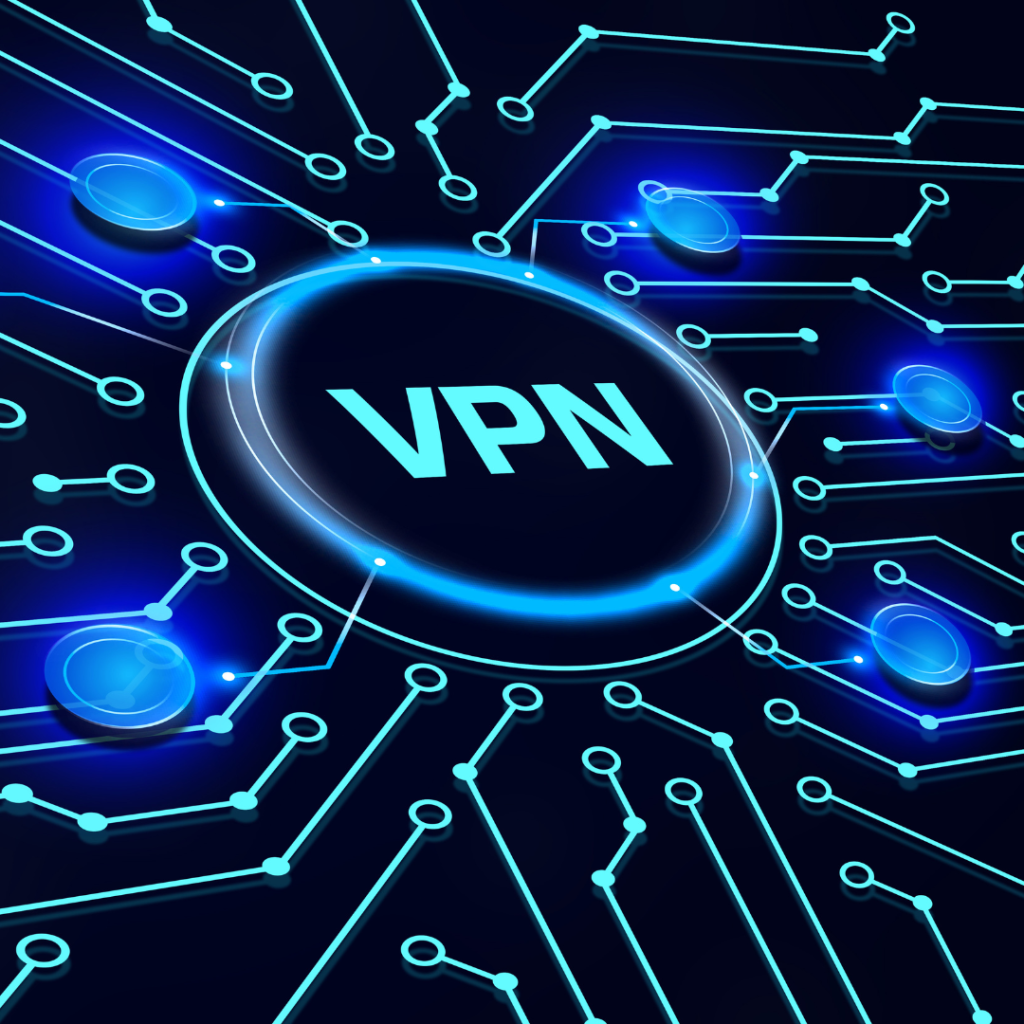
The Safety And Security Of VPN Technology 101
VPN technology has been around for years. It’s a term that is typically associated with privacy and security, and it’s often used to access blocked or restricted websites from anywhere in the world. But what if there was a way to worry less about hackers and government surveillance?
What is VPN Technology?
VPN technology can help protect your privacy and security when browsing the internet. By creating a secure “tunnel” between your computer and a VPN server, you can bypass any restrictions placed on your internet access by your ISP (Internet Service Provider). They provide an encrypted connection between your computer and the VPN server, so all of your traffic is protected. This means that even if someone was to intercept your data while it’s travelling through the VPN tunnel, they would not be able to read it. In addition to protecting your online privacy, they can also help protect your identity when browsing the internet. By obfuscating your IP address, a VPN can make it difficult for people who want to track your activity online to do so.
What is a VPN Connection?
VPN technology creates a secure connection between your computer and the VPN server. This connection masks your IP address, which can protect you from being tracked online. They are also useful for bypassing geo-restrictions and accessing blocked content. They are not foolproof, however. If the VPN server is compromised, then your data and identity could be stolen. Additionally, some ISPs may track your activity using VPNs, so make sure to choose a provider with a good privacy policy. The best way to test whether a VPN is right for you is to try it out. There are many free providers available, and most major mobile carriers now offer some type of VPN service.
How Does A VPN Work?
VPN technology ensures your privacy and security online. VPNs encrypt your traffic, making it difficult for anyone to eavesdrop on what you’re doing online. This technology is also known as a “virtual private network” or “private network.” A VPN creates a secure connection between your computer and the VPN server. Your computer sends requests to the VPN server, which then sends the requested information back to your computer. All of this takes place while you’re connected to the Internet. This protects you from snoopers who may be monitoring your Internet activity. It’s also possible to hide your location when using a VPN. That means someone watching your Internet connection won’t be able to see where you are geographically located.
VPNs use a variety of encryption techniques, so they’re suitable for different types of traffic. They can protect data sent over insecure networks, such as those used by businesses and schools. And they can also protect data sent over public networks, such as the ones found in coffee shops and libraries.
The Reason VPNs are Safe
VPNs are considered safe because they encrypt your data and send it through an intermediary server. This ensures that no one, not even the VPN provider, can read your traffic. They also use a variety of security protocols to protect against malware and other types of attacks. Lastly, many VPN providers offer a number of features that allow you to keep your data safe even if something goes wrong with the server.
Benefits of Using a VPN
Choosing the best vpn for china, or any other place you might be in will enable you to enjoy a number of benefits. The primary benefit associated with it is security. A VPN protects your data from being intercepted by hackers, malware, and unauthorised bodies on the internet. They can also help you stay anonymous online, which is useful if you need to keep your personal information private.
Moreover, it enables you to explore websites and services that might be restricted in your region. For instance, if Netflix is unavailable in your country, you can still access it through a VPN. For devices that don’t support VPN applications, an alternative is using ExpressVPN’s MediaStreamer DNS service. This allows seamless streaming on the platform. Through this guide on how to set it up, you can easily learn the process or can even find tutorials on YouTube for step-by-step instructions.
Drawbacks of Using a VPN
There are several potential drawbacks to using a VPN, including decreased privacy and security, slower internet speeds, and reduced streaming quality. They can also reduce your anonymity by giving away your IP address. This can make it easier for criminals or government agencies to track your online activity. They can also reduce your anonymity by giving away your IP address. This can make it easier for criminals or government agencies to track your online activity. Another potential drawback of using a VPN is that it can slow down your internet speeds. This is because it uses up bandwidth resources that could be used more effectively by other applications or services on your computer. Overall, there are several pros and cons to using a VPN. But, the decision whether or not to use one depends on your preference and specific needs.
Virtual private networks are a valuable tool for online privacy and security. In this article, we have discussed the safety and security of VPN technology and explained why you should use one to protect your online activities. We also provide a list of the best VPN services that offer secure, anonymous browsing. So whether you’re looking to bypass government censorship or keep your identity hidden while streaming Netflix abroad, a VPN is an essential tool for privacy and security.